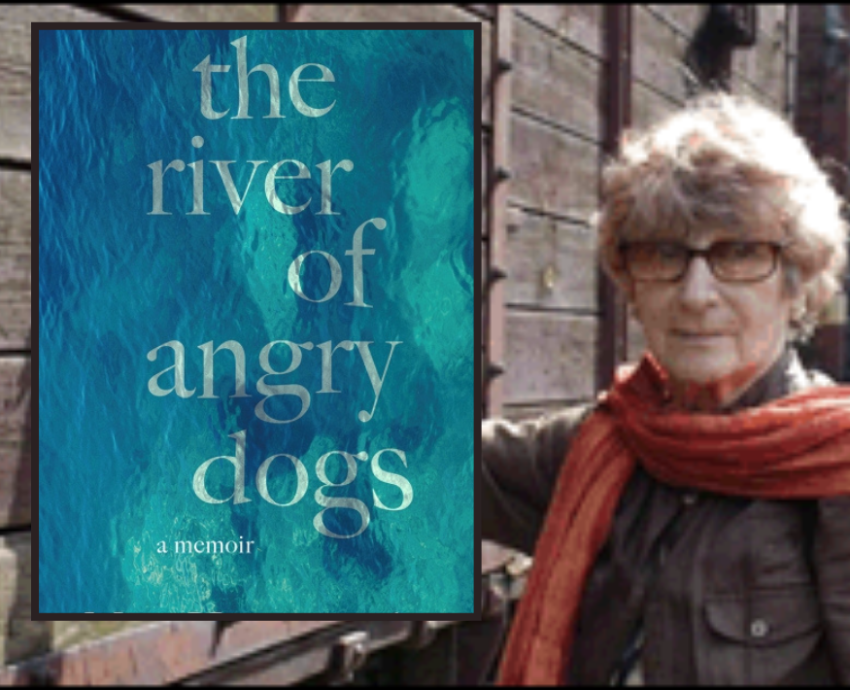
The River of Angry Dogs, a memoir
By Mira Hamermesh
Pluto Press, 2019, 308 pp., $27.00
Mira Hamermesh was only 15 when she defied her Jewish parents in Nazi-Occupied Poland and fled for her life. That she survived is a wonder, and her dramatic account is engrossing and terrifying.
The parents she left behind were exterminated by the Nazis, her mother in the Lotz ghetto and her father in Auschwitz.
Caught in the trap of collapsing countries, changing borderlines and impossible choices between competing inhuman dictatorships, Hamermesh, at first travelling under the protection of her brother and later alone, used guile, quick-wittedness and luck to survive.
Her only identity papers were forged high school student passes that she had stolen.
As she and her brother faced the daunting task of crossing the river separating Nazi-Occupied and Soviet-Occupied areas – guarded by hoards of ravening dogs – their luck coincided with a hideous moral choice: should they save their own lives at the expense of another person’s?
This is just the first of a series of moral quandaries in the book.
Upon encountering Stalinist tyranny, further choices imposed themselves. Her brother volunteered to dig coal in the Ukrainian Donbass region, with disastrous results. He ultimately went into a Siberian Gulag for years.
After World War II, Hamermesh became firstly a successful painter in London, and then an internationally-acclaimed film maker after training in a Polish film school. Unusually for the Cold War era, she regularly travelled from London to Poland making films.
However, her happiness in her creativity was undermined by her traumatic past. A particularly affecting passage is of her post-war visit to her family home and the anti-Semitic response of the Polish family that had acquired it.
The Stalinist Polish authorities tolerated Hamermesh’s visits and movies until their 1968 turn to anti-Semitic repression. Then she was banned from returning.
This book is not written as a straightforward account. It begins with her entry into Jungian analysis in London and the recovery of her memories via that process. The river guarded by angry dogs is both literal and metaphorical – the river of memory, fenced off by pain.
Hamermesh’s recollections are not the only ones recounted. She weaves into her memoir the stories of many whom she met in her wanderings.
The book becomes a roadmap of the anguish of the Jewish generation that survived the Holocaust.
Politically, Hamermesh, who died in 2012, was somewhat of a left-liberal Zionist. That is not something she defends in this memoir, but it can be read as an explanation of the political and psychological roots of that ideology.
Ultimately, Hamermesh was forced to confront the morality of Zionist occupation of Palestine.
Polish dissident Marxist scholar Isaac Deutscher said European Jews had no choice at the end of WWII but to jump from what he called “the burning house of European civilisation” into Palestine. However, he said that having landed on the Palestinians, they should have apologised and established a partnership with them.
Hamermesh was of that generation. Her account of British-occupied Palestine and the rise of Zionism is insightful and she records that not all Jewish settlers were racist towards Palestinians.
However, even while witnessing that the Palestinians were suffering similarly to the waves of refugees of which she had been a part, she never found a way to transcend Zionism. She just became uncomfortable with its consequences.
No matter the limitations of her political analysis, Hamermesh’s episodic technique, the account of courage and audacity in momentous times, combined with the excellence of the writing is riveting. This book is hard to put down and deserves a wide audience.